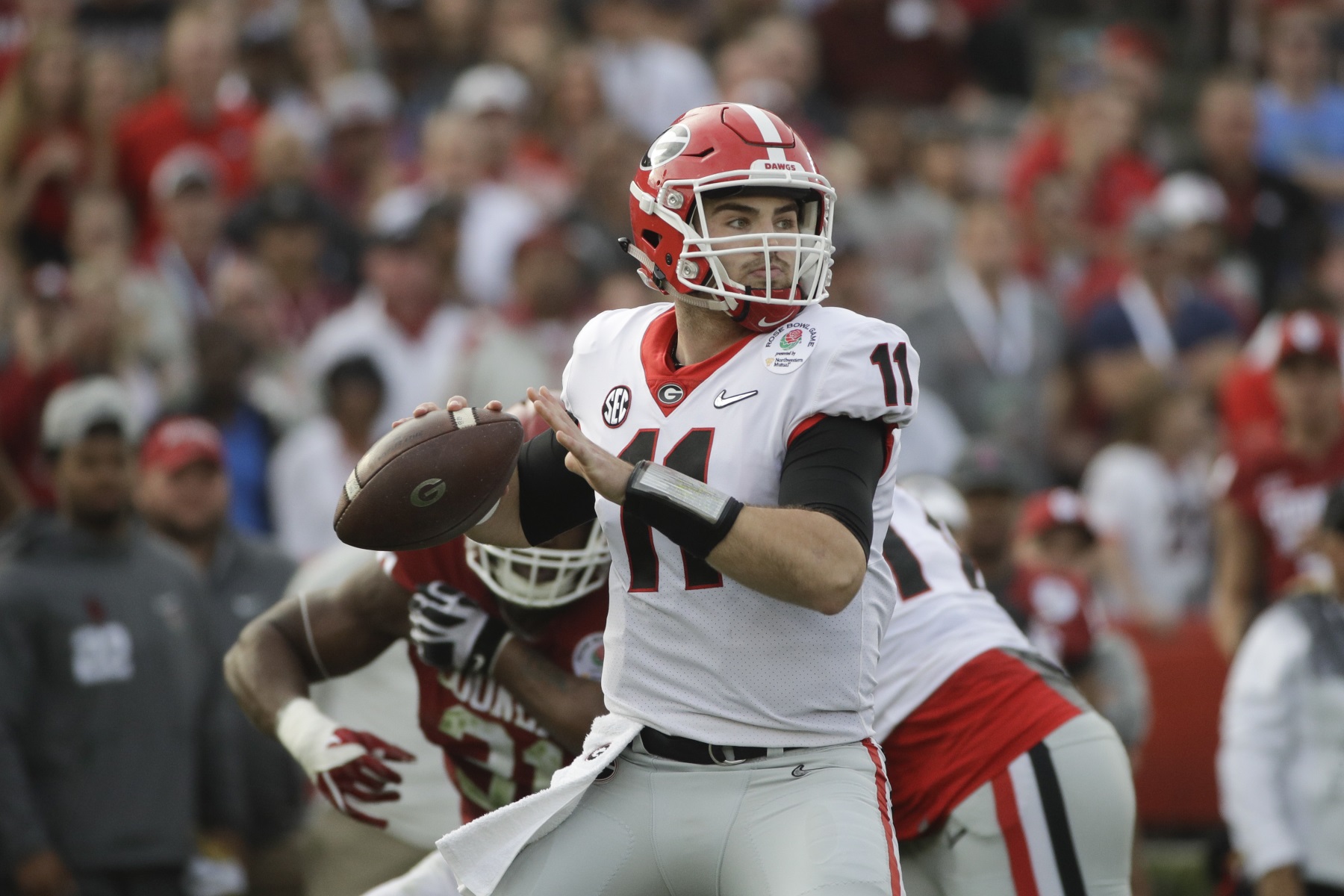Could New Tax Law Reduce Donations To College Sports Programs?

It’s unclear what impact a new U.S. tax law could have on universities and their sports programs.
Jae C. Hong / Associated Press
Bulldog fever has swept Georgia since Monday’s come-from-behind Rose Bowl win. That will send UGA to the national championships next week. But, could the “fan fever” eventually fade thanks to the new U.S. tax law?
“Some universities to get what’s called seating rights — the right to buy seats usually in pretty good locations in the stadium — required an additional contribution to the university,” says LeAnn Luna, an accounting professor at the University of Tennessee.
Before Jan. 1, donors could deduct 80 percent of that donation. The “Tax Cuts and Jobs Act” eliminates that benefit. It’s unclear what kind of impact the change could have.
“On one hand, there’s the classic economic argument, ‘If you want less of something, tax it more,’” says sports journalist Patrick Hruby. “This could affect things at the margins for sure for college athletic departments. People may be inclined to donate less, or perhaps not donate at all.”
However, Hruby says, some fans may donate even without the tax advantage.
“College sports fans are fans first and foremost,” he says. “And fans tend to find ways to buy tickets.”
There’s another reason why the change may not affect contributions much. Only certain taxpayers would notice a difference, Luna says.
“The only people receiving a benefit are donors that actually itemize in their taxes,” she says.
Luna says 30 percent of taxpayers used to itemize. That means 70 percent of filers take the standard deduction instead. The new tax law doubles that deduction. Given that, Luna expects the number of itemizers will drop to about 5 percent of taxpayers.








